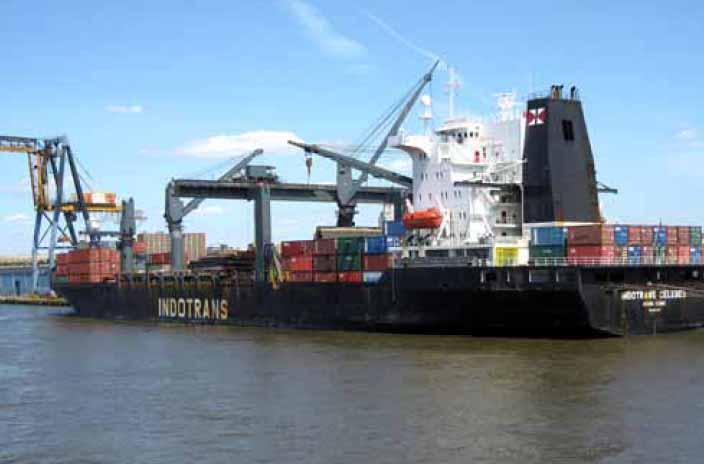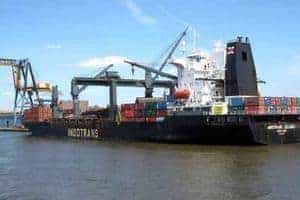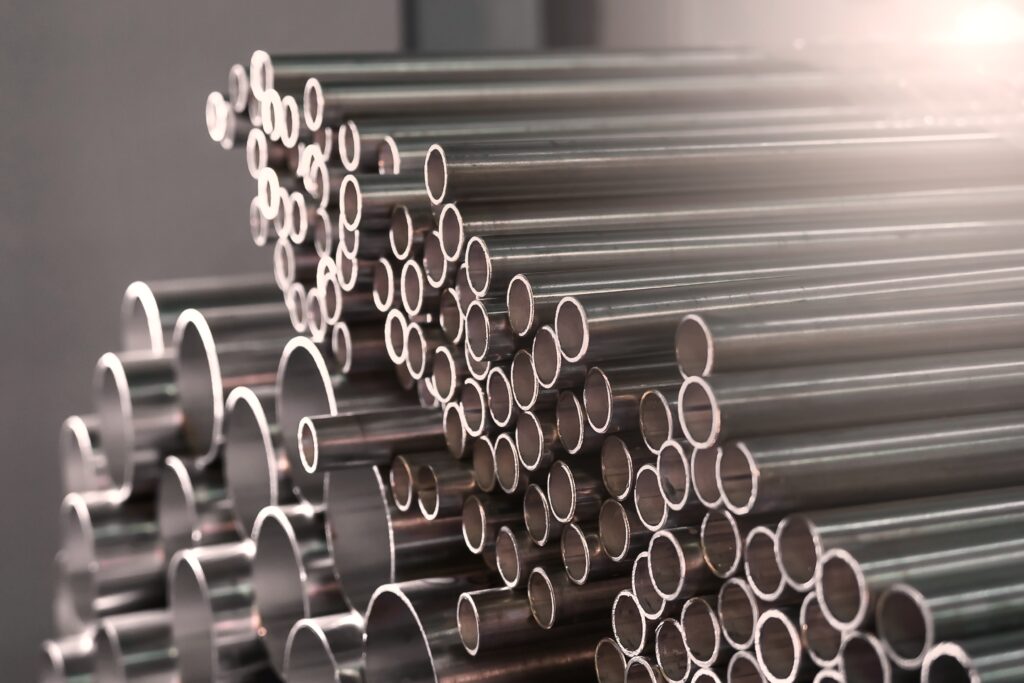India has become the latest nation to restrict imports of used electronic equipment, as concerns grow over the illegal export of electrical waste to developing nations.
And, it comes just weeks after shipping companies revealed they were banning electronics exports from the UK to Nigeria as a result of the West African nation's government restricting imports of electronic and electrical goods (see letsrecycle.com story).
Announcing the restriction in a statement last month, the Indian government's ministry of environment and forests said: “There is a ban on import of second-hand computers and computer peripherals now.
“As per [the] Ministry of Commerce's Handbook of Procedures Vol. 1 (2009-14), import of second hand computers including personal computers/ laptops and refurbished/reconditioned spares is restricted.”
The statement specifically highlighted the shortage of approved WEEE reprocessing capacity in India compared to the amount of WEEE created.
It cited official figures stating that 147,500 tonnes of e-waste was generated in India in 2005, a figure that was expected to rise to 800,000 tonnes in 2012, but said that “authorised and registered” electronic waste recyclers only had the capacity to handle around 95,500 tonnes.
Concerns
This was alluded to by Justin Greenaway, contracts manager for Kent-based WEEE reprocessor SWEEEP, who also raised concerns over how material sent from the UK was being dealt with in India, in particular in light of the issues European recyclers had experienced dealing with it.
“The export [of] second hand e-waste to India is only back door raw material export taking advantage of low labour costs for hand stripping often using child labour in unsafe environments,” he claimed.
“Common sense should have looked at this years ago. So-called ‘developed' Europe is only now attempting to recycle LCD screens correctly, coupled with the challenges we all face when recycling CRT glass safely and compliantly.”
And, he asked: “Can we honestly expect our own e-waste to be recycled correctly in places like India and Africa who have huge waste arisings themselves that they are struggling with?”
Under transfrontier shipment regulations, only electrical equipment that is fit for reuse should be transported to developing nations, although several high profile incidents have raised concern that waste equipment is being incorrectly labelled as reusable and exported for disposal.
Notably, the Environment Agency is currently involved in its largest ever investigation into alleged illegal exports of WEEE from the UK to Nigeria (see letsrecycle.com story), with 11 individuals and four companies given until January 26 2011 to enter pleas in the legal action.










Subscribe for free